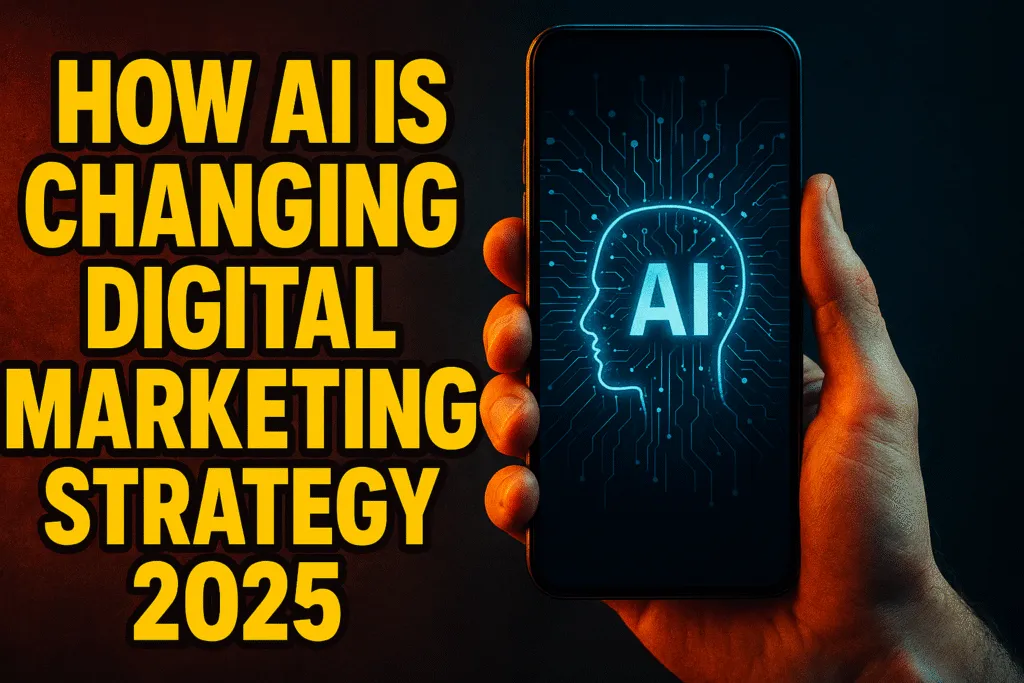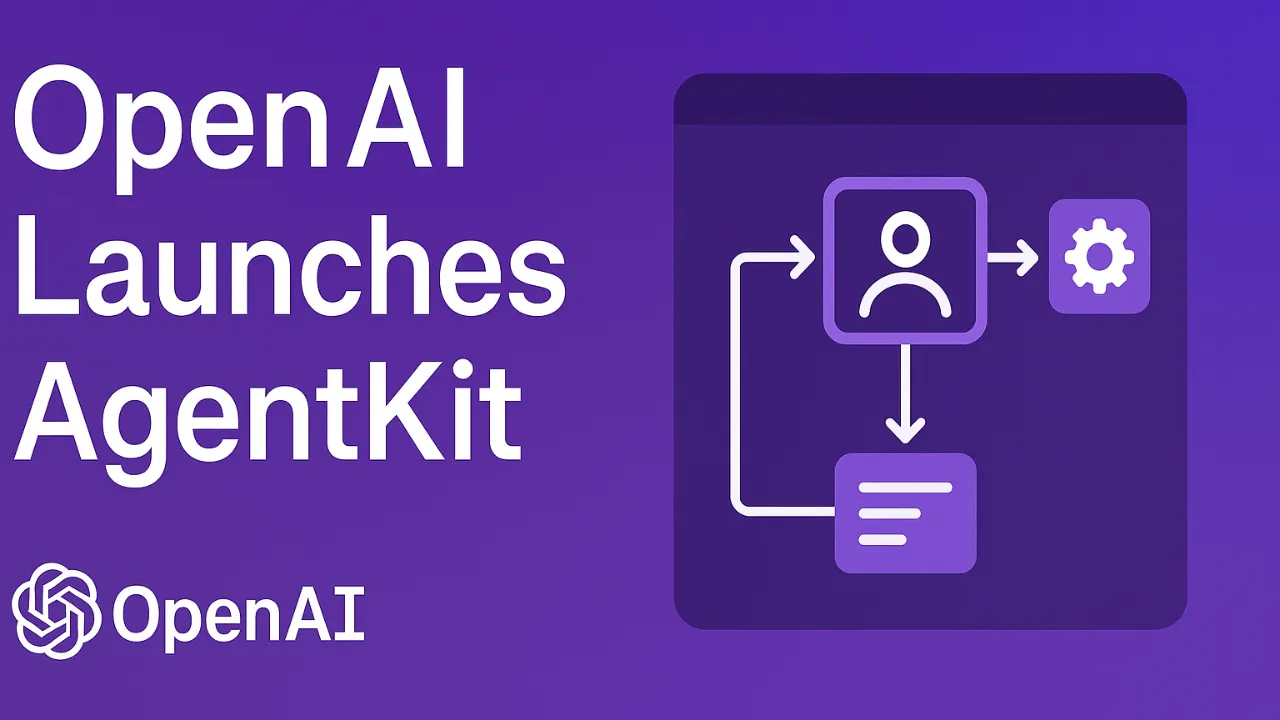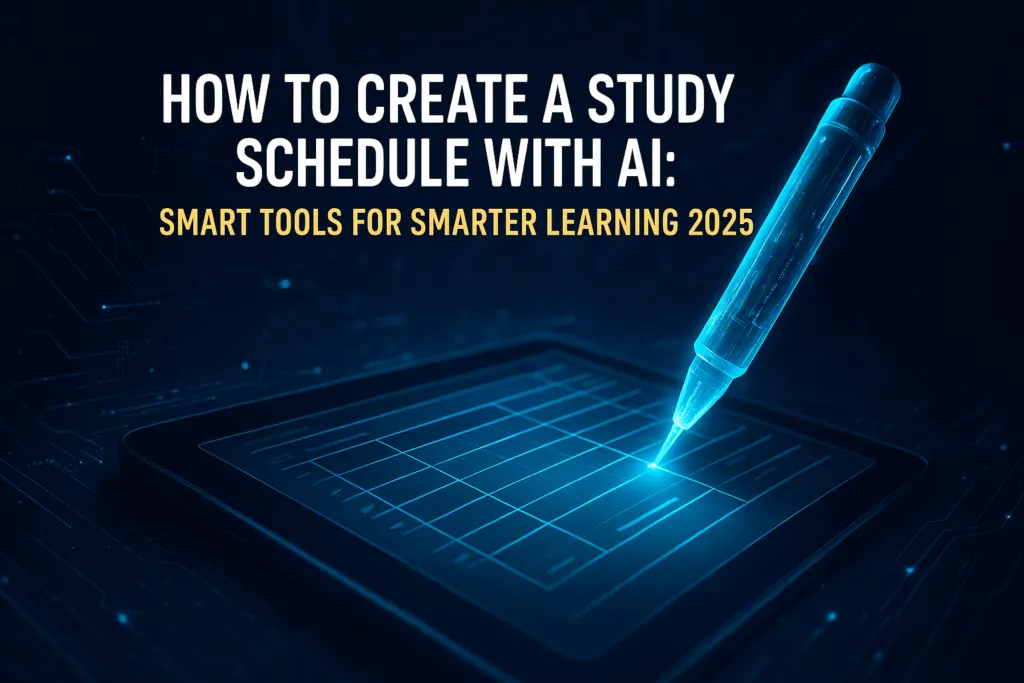Introduction
In 2025, the online marketing world is moving faster than ever. A digital marketing strategy 2025 is no longer just about posting content or running ads. It’s about combining technology, creativity, and audience insight to stand out.
Brands are now using AI, automation, and real-time analytics to deliver personalized experiences. This allows them to connect with customers on a deeper level and anticipate needs before they arise.
Social media and search platforms are becoming smarter, rewarding brands that create engaging and authentic content. At the same time, consumers expect transparency, convenience, and relevance in every interaction.
A well-planned digital marketing strategy 2025 focuses on targeted, value-driven campaigns instead of one-size-fits-all approaches. Companies that blend human creativity with data-backed decisions will lead the way in this competitive digital landscape.
AI in Personalization
In 2025, personalization has evolved into a powerful competitive advantage, and AI is at the heart of this transformation. A well-planned digital marketing strategy 2025 now relies on AI to analyze massive amounts of customer data in real time. This helps brands understand preferences, buying habits, and engagement patterns with unmatched accuracy.
AI-powered personalization goes beyond simply using a customer’s name in an email. It tailors product recommendations, content, and offers to each individual based on their behavior and interests. From dynamic website layouts to customized ad creatives, every interaction can now be designed to match the user’s unique journey.
This level of personalization not only improves user experience but also boosts conversion rates and customer loyalty. Brands that use AI in their digital marketing strategy 2025 are able to deliver the right message to the right person at the right time, making every engagement more relevant and impactful. As customer expectations rise, AI-driven personalization is no longer optional—it’s a necessity for staying ahead in the digital space.
AI-Powered Content Creation
In 2025, content creation is experiencing a major shift, with AI playing a central role in shaping how brands communicate. A successful digital marketing strategy 2025 now includes AI tools that can generate blog posts, social media updates, video scripts, and even interactive content in minutes. These tools analyze trends, audience preferences, and keyword performance to produce material that resonates with target audiences.
AI-powered content creation is not just about speed—it’s about precision. By using data-driven insights, AI can adapt tone, format, and style to match the needs of different platforms and customer segments. This ensures that every piece of content feels relevant, engaging, and optimized for maximum reach.
For marketers, this means more time to focus on strategy and creativity while letting AI handle repetitive tasks like drafting captions, creating variations of ad copy, or repurposing existing material. In a competitive market, brands that embrace AI in their digital marketing strategy 2025 can consistently deliver high-quality, on-brand content faster than their competitors, maintaining a strong and active online presence.
Predictive Analytics in Marketing
In 2025, predictive analytics has become a game-changer for building an effective digital marketing strategy 2025. By leveraging AI and advanced data models, brands can now forecast customer behavior, market trends, and campaign performance with remarkable accuracy. This allows marketers to make proactive decisions instead of reacting after the fact.
Predictive analytics uses data from past interactions, browsing history, and purchase patterns to anticipate what customers are likely to do next. For example, it can identify which leads are most likely to convert, when to launch a campaign for maximum impact, or what products will be in high demand.
This technology helps reduce wasted ad spend, improves targeting precision, and boosts ROI by ensuring marketing resources are directed toward the most promising opportunities. In a fast-paced digital landscape, integrating predictive analytics into a digital marketing strategy 2025 allows brands to stay ahead of competitors and deliver the right message at the perfect moment, making every marketing effort more efficient and effective.
AI-Driven Advertising
In 2025, AI-driven advertising is transforming how brands reach and influence their audiences. A strong digital marketing strategy 2025 now relies on AI to create, test, and optimize ad campaigns in real time. This means ads can automatically adjust based on audience behavior, device type, location, and even the time of day to achieve better engagement.
AI tools analyze massive amounts of data from multiple channels to identify patterns and predict which ad creatives, formats, and placements will perform best. This allows brands to deliver highly targeted ads that resonate with individual users, reducing wasted budget and increasing ROI.
From programmatic ad buying to dynamic creative optimization, AI ensures that every advertising dollar is spent wisely. It can also run A/B tests at scale, learning what works in minutes rather than weeks. For any brand aiming to stay competitive, incorporating AI-driven advertising into their digital marketing strategy 2025 is no longer optional—it’s a direct path to smarter, faster, and more profitable campaigns.
Conversational AI & Chatbots
In 2025, conversational AI and chatbots have become essential tools for delivering instant, personalized customer support. A modern digital marketing strategy 2025 uses these AI-powered systems to engage with users 24/7, answering questions, guiding purchases, and resolving issues in real time.
Unlike earlier bots that relied on scripted responses, today’s conversational AI understands context, intent, and even sentiment. This means interactions feel more natural and human-like, building trust and improving customer satisfaction. Brands can integrate these systems into websites, apps, and social media platforms, ensuring consistent communication across all touchpoints.
Beyond customer service, conversational AI plays a key role in lead generation and sales. It can recommend products, qualify leads, and even schedule appointments without human intervention. For businesses aiming to scale, incorporating conversational AI into their digital marketing strategy 2025 is a smart move—it not only enhances the customer experience but also frees up human teams to focus on more complex and strategic tasks.
AI and SEO Evolution
In 2025, search engine optimization is no longer just about keywords and backlinks. A well-rounded digital marketing strategy 2025 now integrates AI to adapt to the rapidly changing search landscape. With the rise of voice search, visual search, and AI-generated search results, brands must rethink how they optimize their content.
AI tools can analyze search intent with greater accuracy, helping marketers create content that directly answers user queries. Search engines are also using AI to evaluate content quality, user engagement, and relevance, making it essential for brands to focus on value-driven, user-friendly experiences.
Features like Answer Engine Optimization (AEO) are becoming critical, as AI-powered platforms such as Google’s Search Generative Experience and ChatGPT deliver direct answers instead of just listing links. This means brands need to structure content for quick, clear, and authoritative responses. By combining AI insights with high-quality content creation, businesses can ensure their digital marketing strategy 2025 stays ahead in the SEO game, capturing visibility in an increasingly competitive online space.
AI in AR/VR Experiences
In 2025, artificial intelligence is making augmented reality and virtual reality more immersive and interactive than ever. A forward-thinking digital marketing strategy 2025 now uses AI-powered AR/VR to create personalized brand experiences that engage customers on a deeper level.
AI can track user behavior within AR/VR environments, learning preferences and adjusting the experience in real time. For example, virtual try-ons in fashion or furniture shopping can adapt to a user’s style, body type, or home layout. In virtual events or showrooms, AI can guide users, answer questions, and showcase products based on their interests.
This combination of AI with AR/VR not only captures attention but also builds emotional connections, making brand interactions more memorable. It allows businesses to stand out in crowded markets by offering something truly unique and tailored. For brands looking to innovate, integrating AI-driven AR/VR into their digital marketing strategy 2025 is a powerful way to blend technology, creativity, and personalization into one seamless experience.
Social Media & Influencer Marketing with AI
In 2025, AI is reshaping how brands approach social media and influencer marketing. A competitive digital marketing strategy 2025 now uses AI to identify the right influencers, predict engagement rates, and measure campaign performance with precision.
AI-powered tools can analyze millions of social media profiles to find influencers whose audience aligns perfectly with a brand’s target market. This means partnerships are more authentic and effective, leading to higher trust and conversion rates. AI also helps in crafting personalized content for different audience segments, ensuring posts resonate with followers across multiple platforms.
On the campaign side, AI tracks real-time engagement data, allowing brands to adjust strategies instantly for maximum impact. It can also spot emerging trends, giving marketers the opportunity to create timely and relevant content before competitors do. By integrating AI into their social efforts, brands make their digital marketing strategy 2025 more data-driven, impactful, and adaptable in an ever-changing online landscape.
Ethics & Challenges
In 2025, the rapid growth of AI in marketing brings not only opportunities but also important ethical concerns. A responsible digital marketing strategy 2025 must address issues like data privacy, algorithmic bias, and the risk of misinformation. As AI systems collect and process massive amounts of personal data, brands need to ensure they are transparent about how that information is used and stored.
One major challenge is avoiding over-personalization that feels invasive. Customers appreciate tailored experiences, but when AI crosses the line into excessive tracking, it can damage trust. Another concern is bias in AI algorithms, which can unintentionally exclude or misrepresent certain groups if the training data is flawed.
Marketers also face the risk of AI-generated content being used to spread false information or deepfakes, harming brand reputation. To succeed, companies must build clear guidelines for ethical AI use, prioritize fairness and accuracy, and keep a human element in decision-making. A strong digital marketing strategy 2025 balances innovation with responsibility, ensuring technology works for people—not the other way around.
Future of AI in Digital Marketing
In 2025 and beyond, AI is set to become even more integrated into every aspect of a digital marketing strategy 2025. As technology advances, AI will move from being a support tool to becoming a core decision-maker in campaign planning, customer engagement, and creative execution.
Future AI systems will offer deeper predictive insights, allowing brands to anticipate market shifts and consumer needs before they happen. Real-time personalization will reach new heights, with marketing messages adapting instantly to user behavior, context, and even emotional state. AI-generated video, 3D content, and immersive experiences will become more common, making campaigns more interactive and memorable.
Voice assistants, visual search, and AI-driven recommendation engines will also evolve, giving consumers faster and more intuitive ways to discover products. For marketers, this means a constant need to adapt strategies and embrace innovation. The future of AI in a digital marketing strategy 2025 is not just about automation—it’s about creating meaningful, data-driven experiences that feel human, relevant, and trustworthy in a technology-driven world.
Conclusion
In 2025, AI has moved from being an emerging trend to becoming the backbone of a strong digital marketing strategy 2025. From personalization and predictive analytics to immersive AR/VR experiences and AI-driven advertising, technology is reshaping how brands connect with their audiences.
The key to success lies in balancing automation with authenticity. While AI can analyze data, optimize campaigns, and deliver highly targeted content, human creativity ensures that messages remain relatable and emotionally engaging. Ethical considerations like data privacy, transparency, and fairness must also be central to any AI-powered approach.
Brands that embrace AI thoughtfully will not only improve efficiency and ROI but also build stronger, trust-based relationships with customers. In a competitive digital landscape, a well-executed digital marketing strategy 2025 is one that blends innovation, responsibility, and human touch—ensuring long-term growth and relevance in an ever-changing world.
Also Read: How to Use AI for Social Media Growth 2025.
FAQs – Digital Marketing Strategy 2025
Q1. What is a digital marketing strategy 2025?
A digital marketing strategy 2025 is a future-focused marketing plan that combines AI, data analytics, and creative content to reach and engage audiences effectively in the current digital landscape.
Q2. How is AI changing digital marketing in 2025?
AI is enabling hyper-personalization, predictive analytics, real-time ad optimization, conversational chatbots, and immersive AR/VR experiences, making campaigns more targeted and efficient.
Q3. Why is personalization important in a digital marketing strategy 2025?
Personalization helps deliver relevant content and offers to individual users, improving engagement, conversion rates, and customer loyalty.
Q4. What role does predictive analytics play in marketing?
Predictive analytics forecasts customer behavior, market trends, and campaign results, helping brands make proactive decisions that boost ROI.
Q5. Are there any risks with AI in marketing?
Yes, risks include data privacy issues, algorithmic bias, over-personalization, and potential misuse of AI-generated content, which require ethical guidelines.
Q6. How can businesses prepare for the future of AI in marketing?
Businesses should invest in AI tools, train teams to work alongside technology, prioritize ethical practices, and stay adaptable to new trends and platforms.













